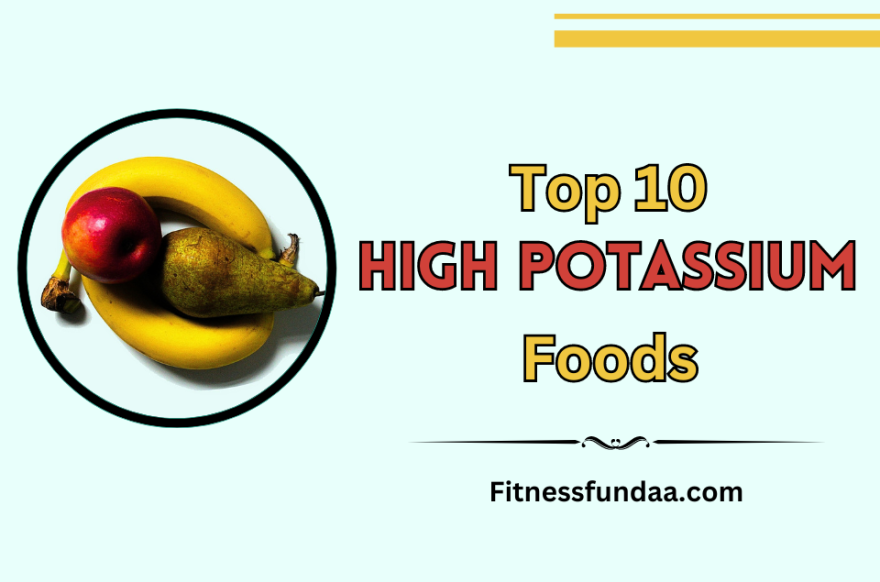Potassium is a vital mineral and electrolyte found naturally in many foods. It plays a crucial role in maintaining proper function of various bodily processes, including muscle contraction, nerve signaling, fluid balance, and blood pressure regulation. Foods rich in potassium are essential for overall health and well-being, as they help support these essential functions. Top 10 High Potassium Foods . High Potassium Foods
One of the primary functions of potassium is its role in muscle contraction. It works in conjunction with sodium to help regulate muscle contractions, including those of the heart. This is particularly important for maintaining a healthy heartbeat and preventing conditions such as arrhythmias. Adequate potassium intake ensures that muscles, including the heart muscle, can contract and relax properly, allowing for normal heart function.
Additionally, potassium is essential for nerve signaling. It helps to facilitate the transmission of electrical impulses throughout the nervous system, enabling communication between the brain and various parts of the body. This is crucial for sensory perception, motor function, and overall nervous system health. Without sufficient potassium, nerve signaling may be impaired, leading to issues such as muscle weakness, tingling sensations, and impaired cognitive function.
Potassium also plays a key role in regulating fluid balance within the body. It works in tandem with sodium to help maintain proper fluid levels both inside and outside of cells. This balance is critical for maintaining healthy blood pressure levels, as well as preventing conditions such as dehydration and edema.
High Potassium Foods helps to counteract the effects of sodium, which can lead to high blood pressure when consumed in excess. By promoting diuresis, or the excretion of excess sodium and water through urine, potassium helps to lower blood pressure and reduce the risk of hypertension.
Moreover, potassium is involved in the regulation of blood pressure. It helps to counteract the effects of sodium by promoting vasodilation, or the relaxation of blood vessels. This helps to lower blood pressure by reducing the resistance to blood flow through the arteries.
By maintaining healthy blood pressure levels, potassium plays a crucial role in reducing the risk of cardiovascular diseases such as heart attack and stroke. It is especially important for individuals with hypertension, as increasing potassium intake can help to lower blood pressure and mitigate the risk of associated complications.
Potassium is found naturally in many foods, with some being particularly rich sources of this essential mineral. Fruits and vegetables are among the best dietary sources of potassium, with bananas being perhaps the most well-known example.
Other fruits high in potassium include oranges, cantaloupe, and avocados. Similarly, vegetables such as spinach, potatoes, and sweet potatoes are excellent sources of potassium. Legumes, nuts, and seeds also contain significant amounts of potassium, making them valuable additions to a potassium-rich diet.
In addition to whole foods, certain beverages are also good sources of potassium. Coconut water, for example, is naturally rich in potassium and is often consumed as a hydrating beverage. Additionally, some dairy products, such as yogurt and milk, contain potassium, although the levels may vary depending on factors such as processing and fortification.
It is important to note that while potassium is abundant in many foods, certain factors can affect its absorption and availability within the body. For example, cooking methods can impact the potassium content of foods, with boiling and steaming generally preserving more potassium than frying or roasting. Similarly, processing and refining can decrease the potassium content of foods, as seen with the production of refined grains and sugars.
Individuals with certain medical conditions, such as kidney disease, may need to monitor their potassium intake more closely. In such cases, healthcare providers may recommend specific dietary guidelines or potassium supplements to help maintain optimal potassium levels while minimizing the risk of complications.
Here’s an in-depth look at the top 10 high potassium foods:
Bananas:
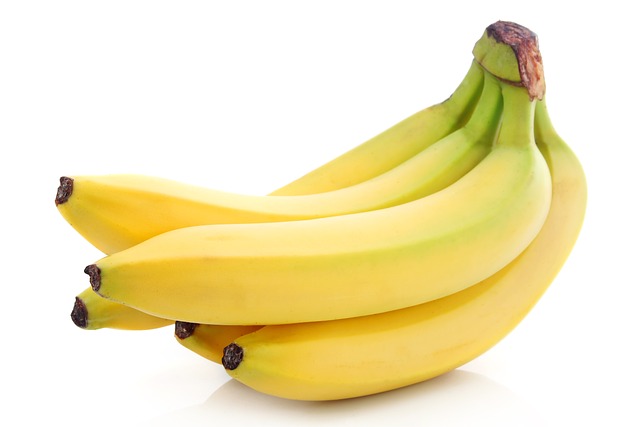
Bananas are perhaps one of the most well-known sources of potassium. A medium-sized banana contains approximately 422 mg of potassium, making it an excellent choice for boosting potassium intake. Bananas are not only convenient and versatile but also provide a host of other nutrients such as vitamin C, vitamin B6, and dietary fiber.
Sweet Potatoes:
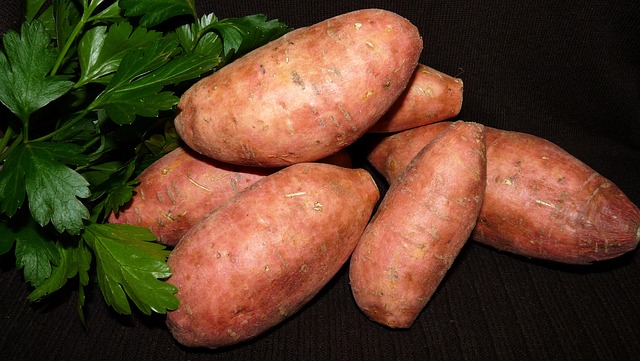
Sweet potatoes are another excellent source of High Potassium Foods , offering around 542 mg per medium-sized potato when cooked with the skin on. In addition to potassium, sweet potatoes are rich in antioxidants like beta-carotene, which is converted to vitamin A in the body. They are also a good source of fiber and various vitamins and minerals.
Spinach:
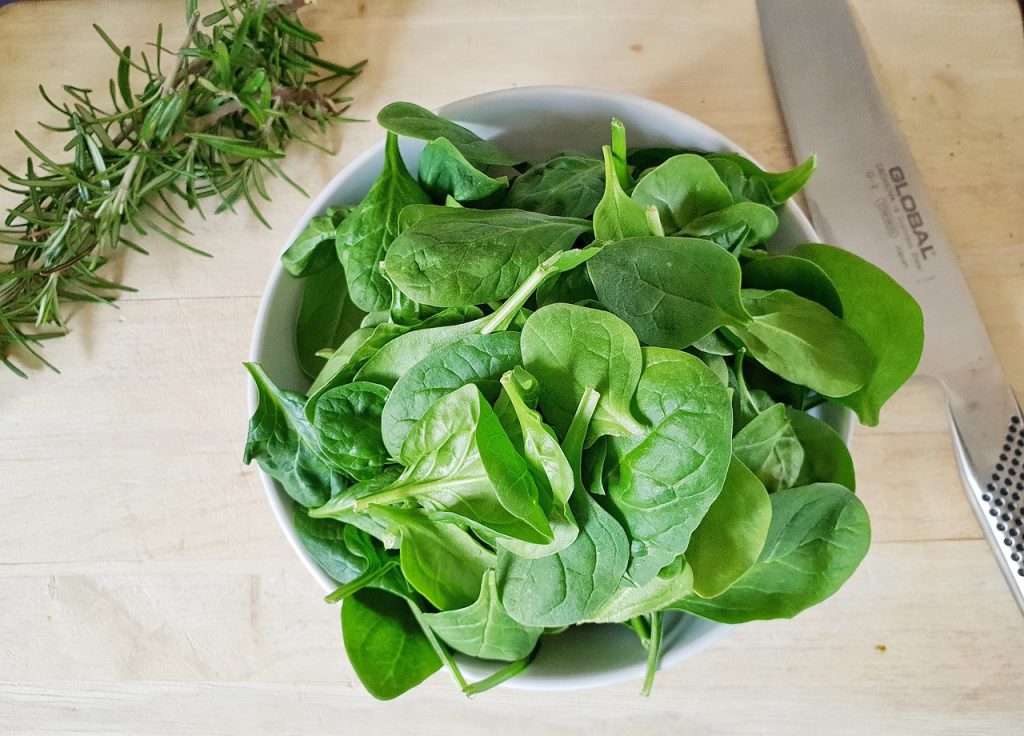
Leafy greens like spinach are incredibly nutrient-dense, and potassium is no exception. One cup of cooked spinach provides approximately 839 mg of potassium. Spinach is also rich in other vitamins and minerals, including vitamin K, vitamin A, and folate. It’s a versatile ingredient that can be used in salads, soups, stir-fries, and smoothies.
Avocados:
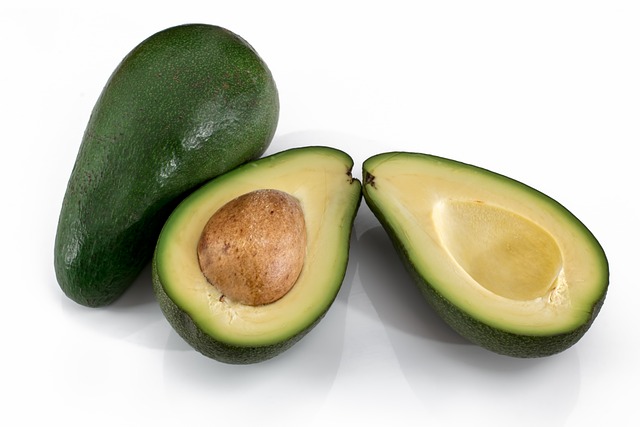
Avocados are not only delicious but also packed with potassium. A medium-sized avocado contains around 975 mg of potassium, making it one of the highest potassium-containing fruits. Additionally, avocados are a great source of healthy fats, fiber, and various vitamins and minerals.
Potatoes (with skin):
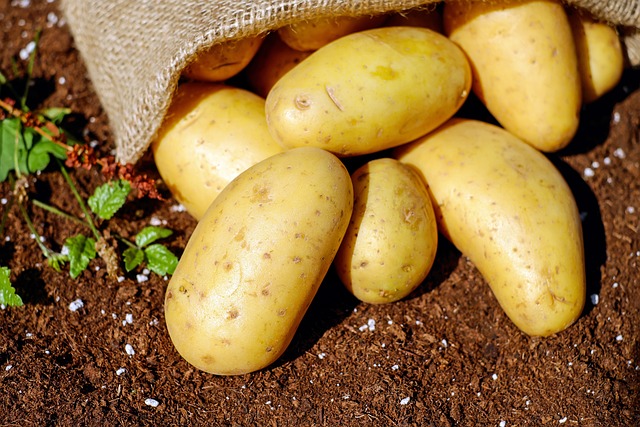
Potatoes are a staple food in many diets and are a good source of potassium when consumed with the skin on. One medium-sized baked potato with the skin provides approximately 926 mg of potassium. Potatoes are also rich in vitamin C, vitamin B6, and dietary fiber, making them a nutritious addition to meals.
Tomatoes:
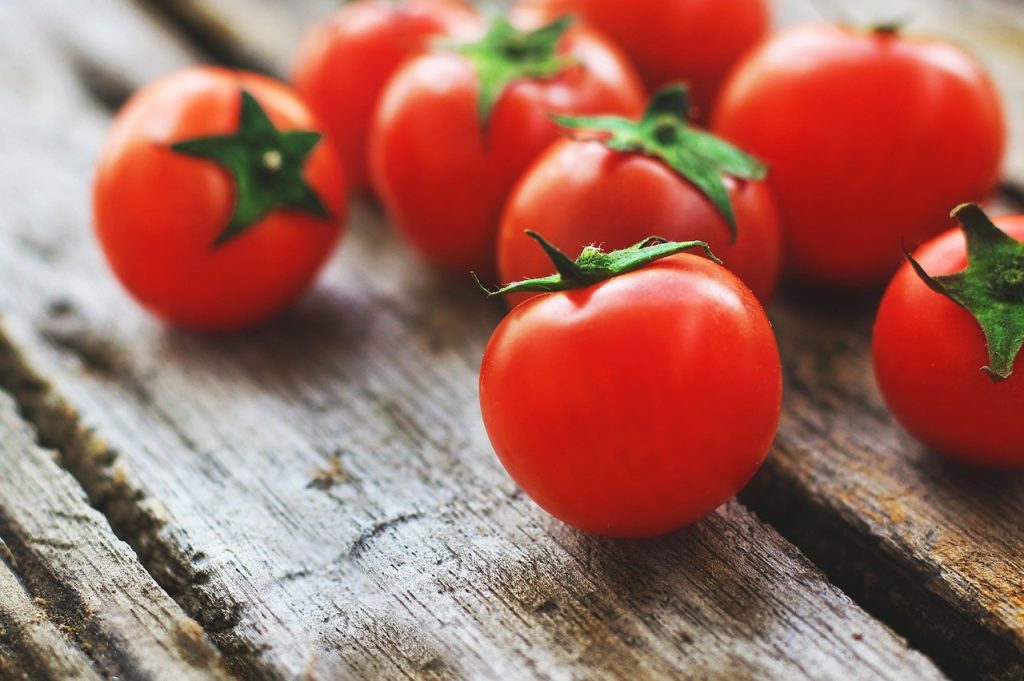
Tomatoes are not only flavorful but also a great source of potassium. One cup of chopped tomatoes contains around 427 mg of potassium. Tomatoes are also rich in antioxidants like lycopene, which has been associated with various health benefits, including reduced risk of heart disease and certain types of cancer.
Oranges:
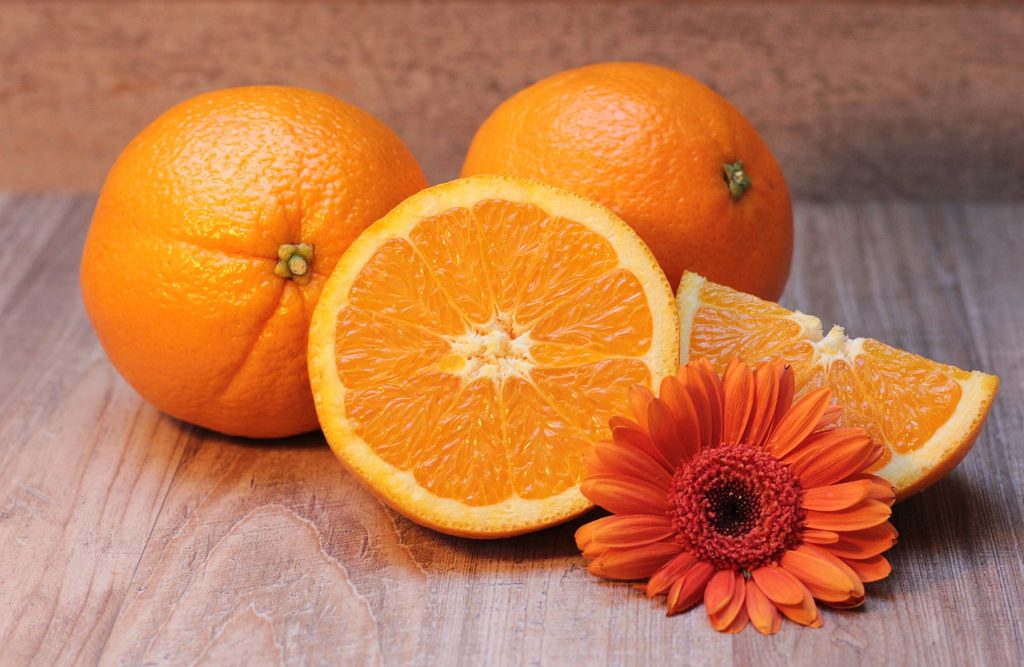
Oranges are well-known for their vitamin C content, but they are also a good source of potassium. One medium-sized orange provides approximately 237 mg of potassium. Additionally, oranges are rich in fiber and various antioxidants, making them a nutritious choice for supporting overall health.
Apricots:
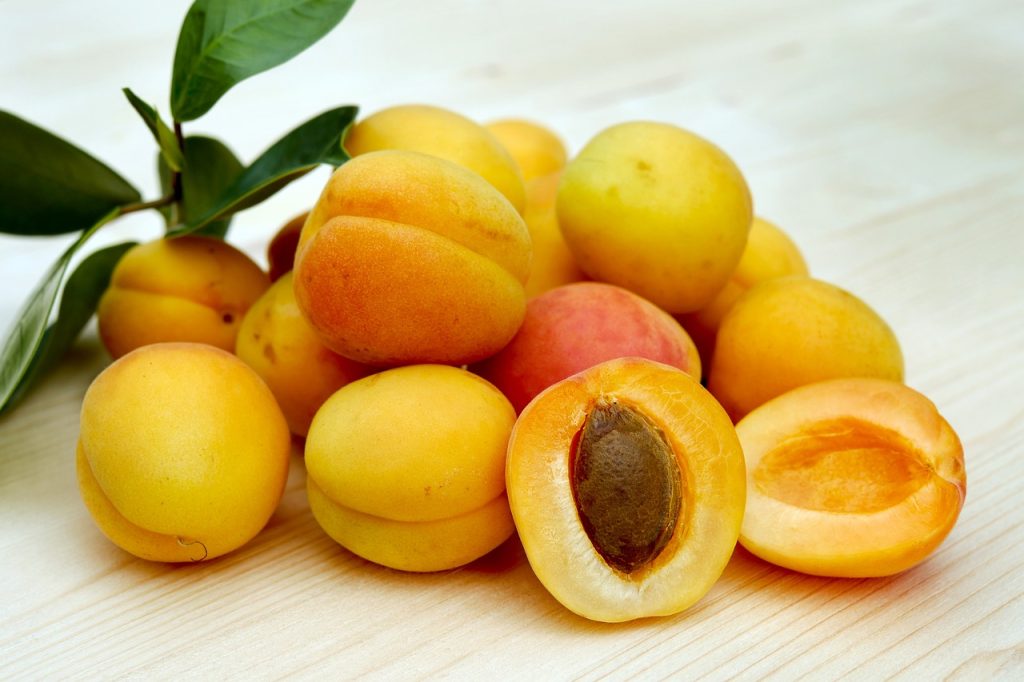
Apricots are a delicious stone fruit that is packed with potassium. One cup of sliced apricots contains around 427 mg of potassium. Apricots are also a good source of fiber, vitamin A, and vitamin C. They can be enjoyed fresh, dried, or incorporated into recipes like salads, desserts, and sauces.
Salmon:
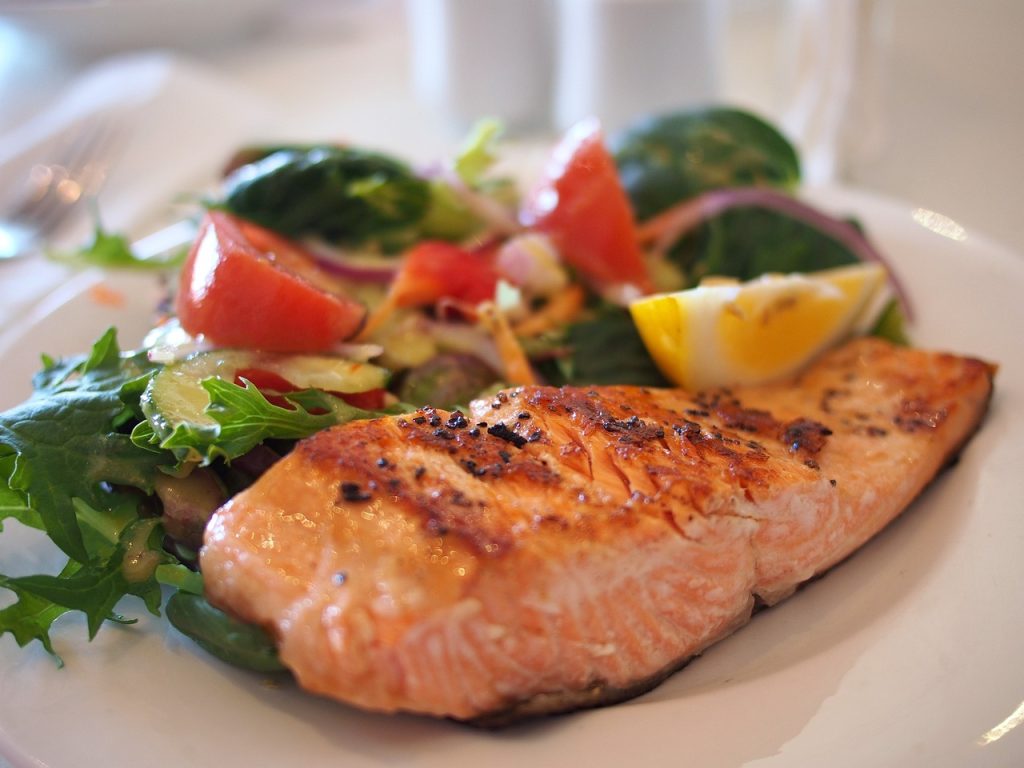
While most people associate potassium with fruits and vegetables, certain types of fish are also good sources of this essential mineral. Salmon, in particular, is rich in potassium, with a 3-ounce serving providing approximately 534 mg. Additionally, salmon is an excellent source of omega-3 fatty acids, protein, and various vitamins and minerals.
Beans (e.g., white beans, kidney beans):
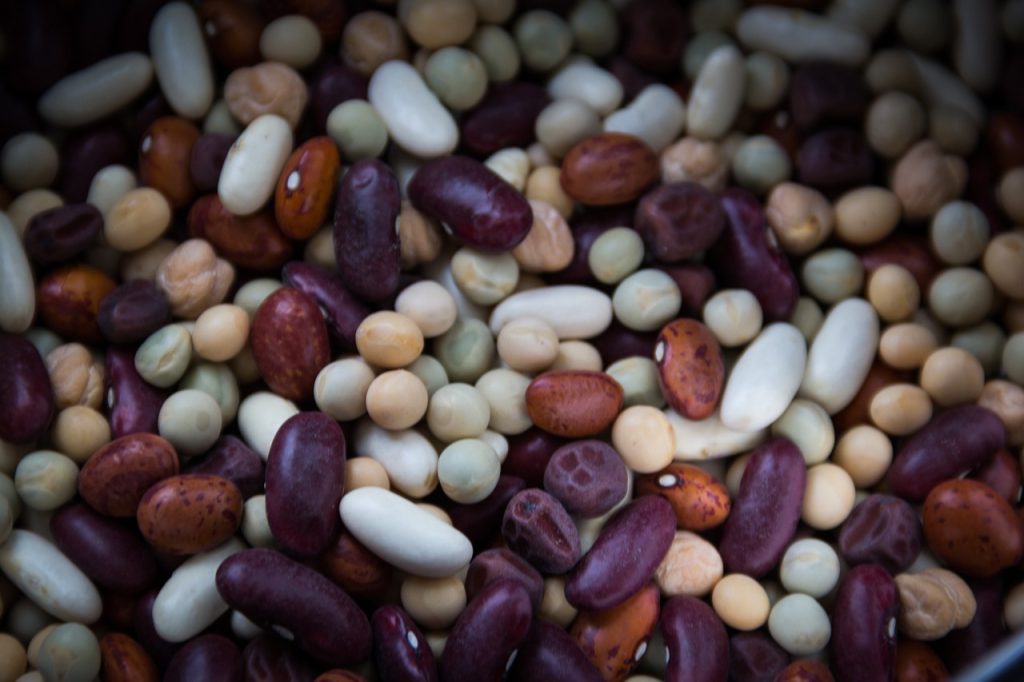
Beans are highly nutritious and versatile legumes that are rich in potassium. White beans, in particular, are one of the highest potassium-containing foods, with one cup providing around 1,189 mg of potassium when cooked. Kidney beans are also a good source of potassium, offering approximately 713 mg per cup when cooked. In addition to potassium, beans are high in protein, fiber, and various vitamins and minerals.
Incorporating these high potassium foods into your diet can help ensure that you meet your daily potassium needs and support overall health and well-being. Whether enjoyed fresh, cooked, or incorporated into recipes, these foods provide a delicious and nutritious way to boost your potassium intake and optimize your health.
In conclusion, potassium is a vital nutrient that plays a crucial role in various physiological processes within the body. From muscle contraction and nerve signaling to fluid balance and blood pressure regulation, potassium is essential for overall health and well-being. Incorporating potassium-rich foods into the diet is key to ensuring an adequate intake of this important mineral and supporting optimal health.
see also : Top 10 Protein Rich Food

